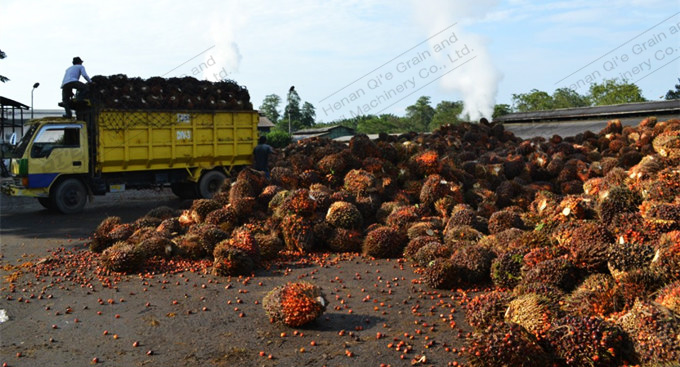
Are you a small or medium-sized sunflower oil mill looking to ensure your product meets food-grade standards and export compliance? This guide will take you through the scientific filtration and refining processes, providing clear and actionable technical paths to help you control quality from the source, enhance product value, and boost market competitiveness.
Filtration and refining are crucial steps in producing high-quality sunflower oil. Filtration aims to remove impurities from the crude oil, while refining further purifies the oil through processes like deacidification, decolorization, and deodorization. Let's delve into the details.
There are various filtration methods, such as centrifugal filtration and cardboard filtration. Centrifugal filtration uses centrifugal force to separate impurities from the oil. It can remove larger particles quickly, but may not be as effective in removing fine impurities. Cardboard filtration, on the other hand, uses filter paper or cardboard to trap impurities. It can achieve a higher level of clarity, but the filtration speed is relatively slow.
For example, in a small sunflower oil mill, after using centrifugal filtration, the oil's turbidity was reduced from 5 NTU to 2 NTU. However, when combined with cardboard filtration, the turbidity was further reduced to 0.5 NTU, significantly improving the oil's clarity.

The refining process consists of several key steps, including deacidification, decolorization, and deodorization.
Cold-pressed sunflower oil retains more nutrients and natural flavors, but it also contains more impurities and is more difficult to refine. Hot-pressed oil has a higher yield, but the high temperature may cause some chemical reactions, resulting in a more complex refining process. For example, the refining loss of cold-pressed oil may be about 10 - 15%, while that of hot-pressed oil is about 8 - 12%.

Let's look at a typical case of a small sunflower oil mill. Before the transformation, the mill used traditional filtration and refining methods, and the product quality was unstable. The oil's acid value was often above 1 mg KOH/g, and the peroxide value was about 5 meq/kg. After upgrading the equipment and optimizing the process, the acid value was reduced to less than 0.3 mg KOH/g, and the peroxide value was reduced to less than 2 meq/kg. The product successfully passed the export inspection and entered the international market.
Regular equipment maintenance and standardized operation are essential for long-term stable compliance. For example, the filter should be cleaned regularly to prevent clogging, and the refining equipment should be calibrated and maintained according to the manufacturer's instructions. Standardized operation can ensure the consistency of the product quality and reduce the risk of quality problems.
There are some common mistakes in the production process, such as improper selection of filtration methods, incorrect control of refining parameters, and neglect of equipment maintenance. To address these issues, it is recommended to conduct in-depth research on the filtration and refining technologies, train the operators regularly, and establish a strict quality control system.
Master this step, and your sunflower oil can enter the international market! Click here to learn more about how to optimize your sunflower oil production process and achieve export compliance.

